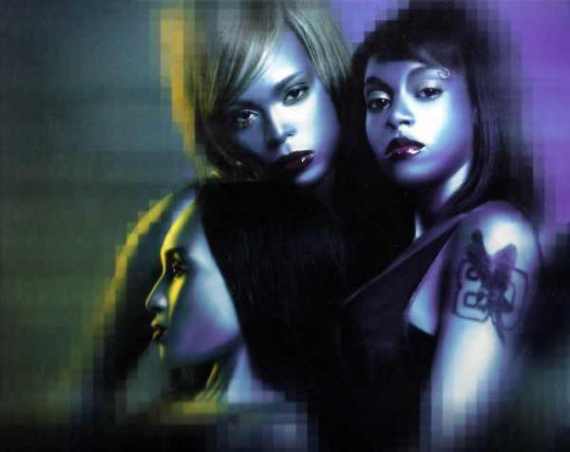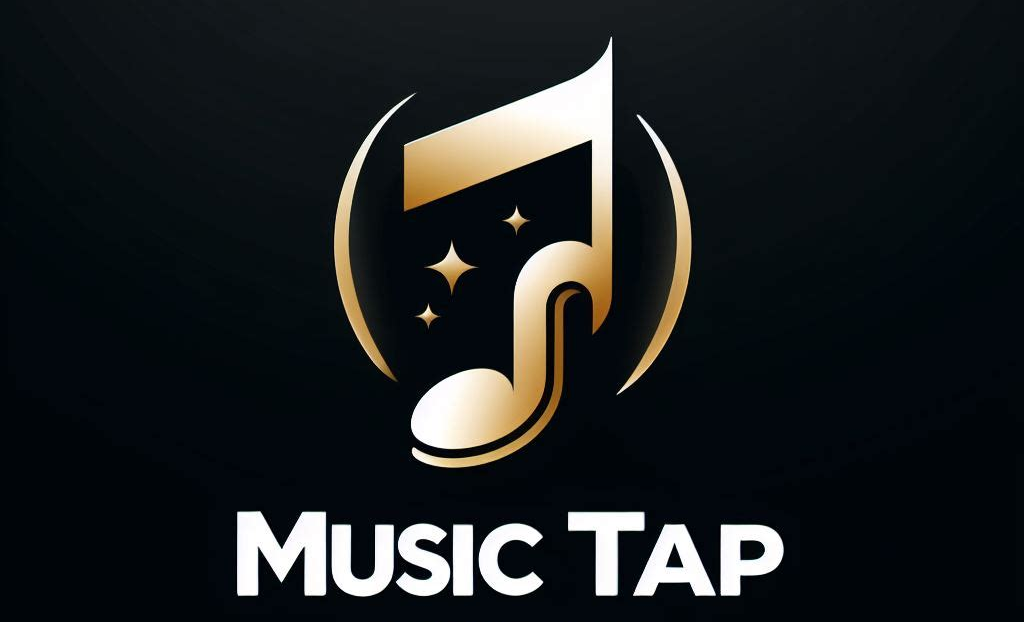
TLC’s third studio album FanMail is a journey into a kind of progressive soul music. The record was made at a unique time for the group because at this point in their careers, the women of TLC were financially broke after declaring bankruptcy in 1995. Due to a lousy contract with their management company, T-Boz, Chilli, and Left Eye saw very little money from the millions of records they sold as a group. More drama ensued when Chilli’s boyfriend and the group’s producer, Dallas Austin, wanted to direct the next project on his own. It took years of negotiations, but finally, the group went into the studio in 1998 to record their third and final album with the original line-up. What followed was the release of TLC’s second most successful record that got them three Grammys, was certified platinum six times by the RIAA, and sold over 10-million copies around the world. The group was certainly famous but cash poor, and like Bob Dylan sang, “When you got nothing, you got nothing to lose.” Taking a risk with a stylistic change meant getting out of the comfort zone of what’s expected — and for better or worse, that’s what producer Dallas Austin did on FanMail.
Out of the gate in 1992, TLC saw their popularity rise very quickly as they blended elements of pop, soul, and rap into a potent mix of music. Subtle changes in style were clearly happening between their 1992 release Oooooooh…ON the TLC Tip and 1993’s CrazySexyCool. However, it wasn’t until 1999’s FanMail when the group really progressed beyond their beginnings. Gone were the condom eye patches, bright-colored silk pajamas of the early ‘90s. The new century was approaching, and Austin wanted something futuristic with FanMail. As he told Billboard as part of the album’s 20th anniversary, the title track has “become one of my favorites.” With the computerized voice at the outset, to the use of snippets of letters that fans had sent the group over the years, to the soundscape created by Austin, “FanMail” demonstrates both Austin’s powerhouse production chops while showcasing the group’s vocals in a way that’s not at all heavy-handed. Not an easy feat considering that the whole concept of the song required a lot of production elements.
It’s easy to get caught up in the politics going on in the background while the record was being made because so much of it should have spelled disaster for the group. Austin wanting complete artistic control over FanMail — and a 4.2 million-dollar producer fee. But that’s just the beginning. Left Eye exited the group at the start of the project — only to come back later to add a few raps. There are 12 producers credited, it took 9 studios to record the tracks, almost 30 people contributed to 17 songs, the production time took almost a year, and the final running time was over 63 minutes. Add all those elements up, and you should get a bloated mess of an album. However, that was not the case. While FanMail is not a masterpiece, it is masterful at times. Austin may have demanded complete control over the project (and from the credits, it’s clear that was mostly the case), but looking at all the hurdles that needed to be overcome, perhaps it was the right choice to have a producer with that mindset.
Songs like “Silly Ho” come after the computerized voice of Vic-E has an interlude talking about how people in “the club use material things to increase their chances of a pick-up.” She name-checks things like Prada bags, Versace clothes, and diamond “relics” that people wear to feel special. Clearly, T-Boz ain’t like that, and she lays out in an Austin-penned song a statement of female independence with lines like “I ain’t never been no silly bitch/Waiting to get rich/From a nigga bank account/I have always had my own things/Bought my own rings/Not gonna let you catch me out.” Yes, “Silly Ho” has similarities to the Tim “Timbaland” Mosley produced “Are You That Somebody?” By Aaliyah, but it’s more aggressive with a loop of buzzing sounds that punctuates the end of each verse. Moreover, Vic-E doing the rap section instead of Left Eye gives the song an AI feel that carries over previous tracks. “Whispering Playa” signals a definite change in style on the record. It features a scene with a playa who’s clearly way out of his league with T-Boz, Chilli, and Left Eye by making not-so-subtle suggestions for sex — which leads into the single “No Scrubs.” Written by Xscape members Kandi Burrus, Tameka Cottle, and producer Kevin Briggs, it’s a mid-tempo number that was one of the biggest songs in TLC’s career. Featuring Chilli on lead vocals (a first for the group), her classic soulful voice really adds the right tone to a fairly conventional composition — but one that really caught fire with the record-buying public.
“I’m Good At Being Bad,” is a bit of a head fake with a rather sweetly sung intro by Chilli. It then kicks into high gear with a lyrically raw pre-chorus:
I need a crunk tight nigga
Makes seven figgas
Laced with a platinum
Not the silver shit nigga
X to L stigga
Ten-inch or bigga
Know how to lick it and stick it
Wha wha
There’s also a nice nod to Donna Summer’s “Love To Love You Baby” woven into the song that underscores the female sexual empowerment vibe. “If They Knew” keeps the uptempo energy going with T-Boz’s smokey vocals. If there’s a misstep in the track order, it’s the inclusion of the treacly ballad “I Miss You So Much.” However, TLC redeems themselves with the T-Boz penned “Unpretty.” The authenticity of the tune comes through in the lyrics — which are derived from a journal entry when T-Boz’s boyfriend ghosted her after she was in the hospital. Dallas Austin loved the lyrics so much, that he was able to create the music for the song in short order — creating one of those inspired moments during a recording session where the stars align for a number one song. “My Life” and “Shout” round out a strong grouping of songs. “Come On Down” was written by Diane Warren is a kind of an odd choice, but it does fit when paired with “Dear Lie” — another ballad with some mid-tempo flourishes.
After the interlude with “Communicate,” the record gets back to its future funk feel with “Lovesick,” “Automatic,” and “Don’t Pull Out On Me Yet.” However, this is where FanMail falters. While these songs are okay, they just don’t hold up to the vast majority that preceded them. There’s a kind of color by numbers in both the performances and the production that is surprising considering how many people were involved in the creation of this album. Another thing to consider is that the year 1999 marked the beginning of the Napster era for music. CDs were expensive, the number of “good” songs seems to be a rarity for many releases, and because CDs can hold 74 minutes of music, there was a sense in the industry that “more is more” — which led to more and more bloat at times. Music consumers felt that bloat very acutely when shelling out an average of $20 per CD, only to have one or two good songs on the album. FanMail doesn’t succumb to the worst of what record labels were doing back then. However, had Dallas Austin been more discerning on what songs to include in the record, TLC’s FanMail could have been a classic from start to finish.


“Unpretty” was an important song, and much needed in a time when empowerment tracks like it came few and far between. Now they are common, and far less meaningful.
Agreed. It’s one of the best songs on the record. Lady Gaga met T-Boz and Chilli some time ago and told them as a young girl “Unpretty” helped her with self-image issues she was having.